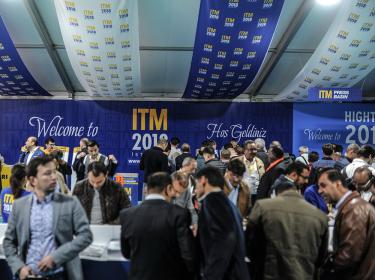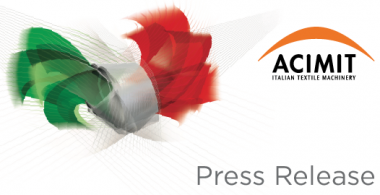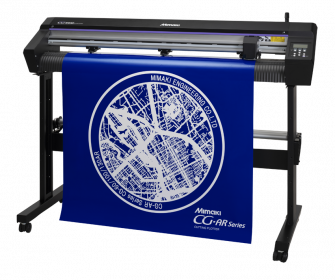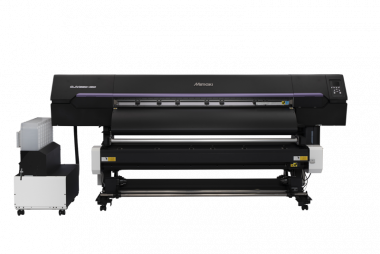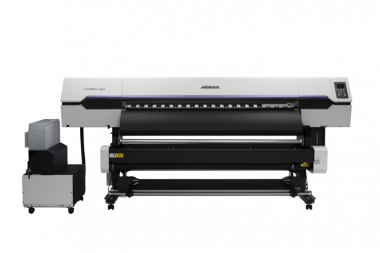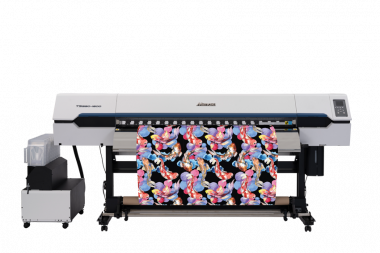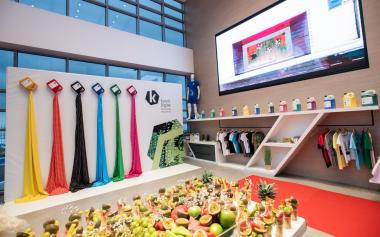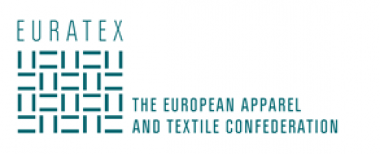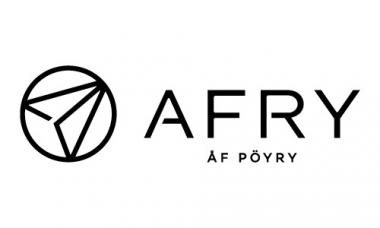ADD-ITC 2022: Call for Abstracts
The Aachen-Dresden-Denkendorf International Textile Conference 2022 as face-to-face event takes place on-site in Aachen on December 1-2, 2022.
There is the opportunity to contribute to the conference program and submit an abstract for a talk or poster presentation. The Call for Abstracts for oral presentations ends on May 6, 2022. The Call for Abstracts for poster contributions is open until July 31, 2022.
The ADD-ITC is a conference for experts from the fields of
· Textile chemistry, finishing & functionalization
· Synthetic Fibers & Materials
· Machinery, Processes & Composites
The conference program includes plenary lectures and themed sessions in the areas of
· Sustainability in the textile industry
· Future of textile production
· Textiles for medicine and health
· Smart textiles & fashion
· Historic textiles
· Technology transfer (IGF-ZIM projects)
· Textile developments by start-ups
Further information about the conference program, plenary and keynote speakers as well as the call for abstracts are online availabel.
Aachen-Dresden-Denkendorf International Textile Conference
Aachen-Dresden-Denkendorf International Textile Conference




























